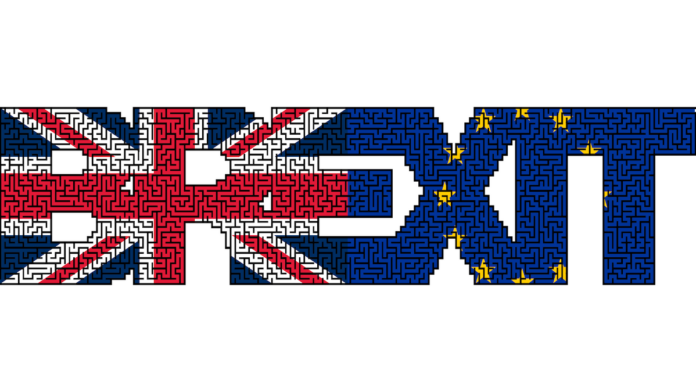Yes - even if you’re small enough to be below the VAT threshold, experts tell ETN.
The UK left the EU over ten months ago. Did you or anybody else in retail notice any significant difference?
Probably not… But you will after the end of the Brexit transition period in a fortnight’s time on 31 December 2020. And that’s because important changes will affect British retailers importing from the EU.
So, two quick fire Q&As:
- Will all businesses importing goods from the EU into the UK need a UK/GB VAT and EORI [Economic Operator’s Registration and Identification] number? The short answer is, yes.
- Would that also include a retailer whose annual turnover or annual UK turnover is below the VAT threshold? The short answer is, yes.
The longer answer is that an import is a supply being received, not a supply being made by the UK importer for VAT purposes.
As part of a no-deal preparation, acquisition VAT has been replaced with import VAT to allow VAT to be charged on all imports. This will apply whether or not the retailer importing is registered for VAT. Accordingly, it may make sense for a non-VAT registered retailer importing from the EU to register for VAT, so that they can recover this import VAT going forward.
From 1 January 2021, a UK retailer will need to make customs declarations when they import goods from the EU. These rules currently apply to importing goods from the rest of the world, including Switzerland, Norway, Iceland and Liechtenstein.
They can make the declarations themselves, although most businesses use a courier, freight forwarder or customs agent. HMRC’s website has information on how a business can make the declarations, and how to get someone to do it for them.
They should make sure their EORI number starts with a GB or ask for a new one. HMRC may contact them about this directly.
Both Customs duty and import VAT will need to be paid, the normal rule is that the import VAT (at 20%) is paid by the person signing the customs declaration at the border.
For the period from 1 January 2021 to 30 June 2021, for most goods, there will be no need to make immediate import declarations for goods at the UK border, or get authorisation in advance.
There is an exception if the goods are controlled, or if HMRC has explicitly said the business cannot use this scheme. This might be the case if the business has a poor record in other areas of compliance.
There are a handful of qualifying factors for use of the system:
- The business must be in Great Britain. The Northern Ireland Protocol means Northern Ireland has its own rules (see the Northern Ireland VAT and customs after 1 January 2021 section).
- The goods must have been in free circulation in the EU prior to import to the UK.
- Because the retailer will make a supplementary rather than full customs declaration within six months of the import date, the business will need to have been authorised by HMRC to use simplified declarations. As noted above, most businesses will rely on their customs broker or freight forwarder to make the customs declarations. But if they do this themselves, they will need to be registered for the CHIEF system (known as getting a CHIEF badge) and have CHIEF-compatible software.
- Since simplified declarations require a duty deferment account, a retailer will also need to apply for this with HMRC.
To use this system, a retailer will need to make an entry in their own records for each import, known as Entry In Declarant’s Records (EIDR). This should record the customs import information.
As mentioned above, the retailer will need to make a supplementary declaration within six months and an Intrastat declaration.
Over and above VAT, EORI numbers and tariffs, depending on what (if any) free trade agreement is made by the UK with the EU, there are two further considerations which retailers should bear in mind.
The first is that whilst the legal system under which a retailer in the UK could enter a contract with a supplier in the EU has not changed, enforcing the contract by means of a court order may be more difficult. This is because at the time of writing it is still uncertain whether the UK will be able to take advantage of international conventions to straightforwardly enforce court decisions.
The second is where a retailer’s website is accessible by an EU consumer. Care needs to be taken or else the retailer could face a legal claim within the EU.
About the authors: Cristiana Mitrofan is a trainee solicitor, Joanne Varia is a tax director, and Stephen Sidkin is a commercial law partner at Fox Williams LLP (www.foxwilliams.com; www.fashionlaw.co.uk)
Image by Gordon Johnson from Pixabay

















